As the new Program Assistant of Oldways African Heritage & Health Program, I track student data from nationwide A Taste of African Heritage classes (ATOAH).
Over the six-week program, students record how often they cook, how frequently their meals feature the healthy foods that compose the African Heritage Diet Pyramid like whole grains, pulses, tubers, fruits and vegetables, and herbs and spices and how their physical bodies change via waistline, blood pressure, and weight. They also share their biggest personal obstacles to healthier eating and cooking. Responses range from time and financial constraints to the irresistible nature of readily accessible fast foods.
Because we ask our students to put themselves out there, it is only fair for me to do the same. To gain people’s trust and build a good working relationship, you have to be able to share of yourself to not only ask questions but to respond and reciprocate. It is through this sharing that we and fellowship. So here’s my confession about my struggles and how I hope to improve my own lifestyle. This journey of personal growth is something that we at Oldways are committed to taking along with the ATOAH teachers and students.
Finding Meaning Through Loss
First of, I’m at a bit of a crossroads in life. My parents have both recently passed away, as well as my grandparents long since. While I come from a large family with a 30-year gap between oldest and youngest child, there is a bit of an unmooring that you necessarily feel when you lose those ancestral generations that guided you with their wisdom, love, and experience.
It is natural to feel numerous and sundry regrets the time you didn’t get to spend, the trips you didn’t get to take, all of the stories you wanted to collect, the memories that you wanted to preserve, and of course, the recipes that you wished you had written down or devoted to memory. No matter how many internet, blog, magazine, and cookbook recipes that we are able to access these days, there is no substitute for what gets passed down through oral tradition and hand-to-hand in the kitchen.
Now compound these micro-losses with what we have lost as a people through the dislocation of the Middle Passage, the sundering of families, and the forced acculturation to a foreign land. Yes, we forged new traditions and new foodways that brought the wisdom of the oldest civilizations to the New World, but it sometimes feels impossible to get back to what came before today’s American diet of processed foods and celebration of corporate holidays. However, I’m encouraged by the network we have at Oldways, and the passion that our teachers and amazing Program Manager & African Diaspora specialist Sade Anderson bring to the African Heritage & Health program. Together, and through the thoughtful curriculum of ATOAH, we can begin to rediscover our old ways our original cultures and traditions.
Moving Forward with Lessons Learned
Another challenging aspect to my new role as Program Assistant relates to my history as a pastry cook. My father and I always bonded over our shared sweet tooth. He knew his way around a kitchen intimately, and one of his most memorable dishes was a vegetable soup featuring a potpourri of garden fresh vegetables including summer corn and string beans. But it wasn’t all healthy veggies. We’d take breaks from Sunday dinner prep to walk to the nearby corner store on Georgia Avenue and get Mr. Goodbars. The man could also not be trusted with an entire package of cinnamon rolls if they were to last more than 48 hours!
It was an especially good night when my dad would bring home katydids (some of you might know these as turtles they’re both chocolate-covered, gooey caramel, and pecan confections). We’d reach the bottom of those tin containers in record speed every time. In later years, my dad developed very severe gout when he consumed too much sugar, especially from drinking sodas and sugary lemonade.
Over the years, I’ve learned hard lessons of self-control and restraint, and oddly, baking sweets professionally helped moderate my cravings and taught me how to satisfy myself with tastes rather than entire plates or slices. But I won’t lie, I still crave chocolate and sugar in its various forms. I’ve been converting to using more whole grains in baking, natural sweeteners such as honey, and different flours including nut flours and coconut flours as well as alternatives to cow’s milk and heavy cream such as yogurt, almond, soy, coconut, and rice milks. And I’m eager to keep experimenting. For those ATOAH students and teachers who listed dessert as one of their biggest obstacles, I am there with you!
So I hope this posting gives you a little sense of who I am and where I’ve been. I’m looking forward to furthering the important aims of the African Heritage & Health Program and helping to spread the ATOAH classes around the country.
Johnisha Levi, African Heritage & Health program assistant


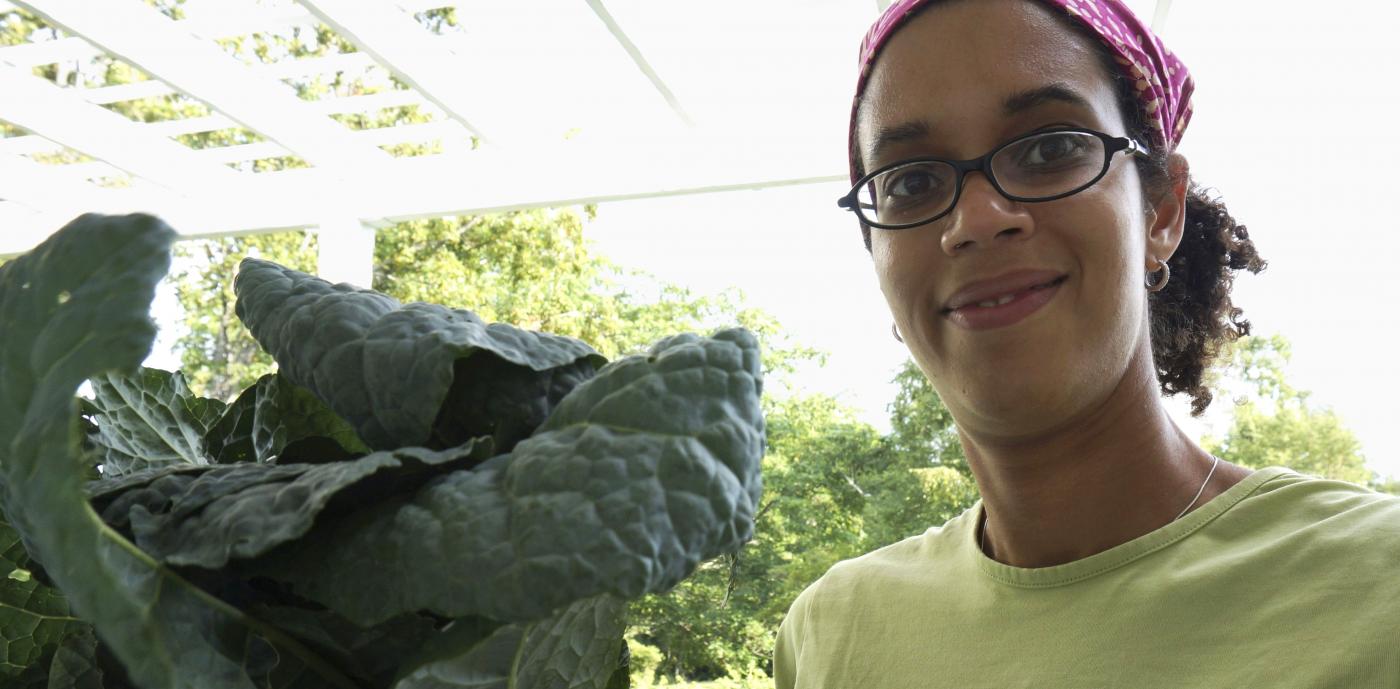
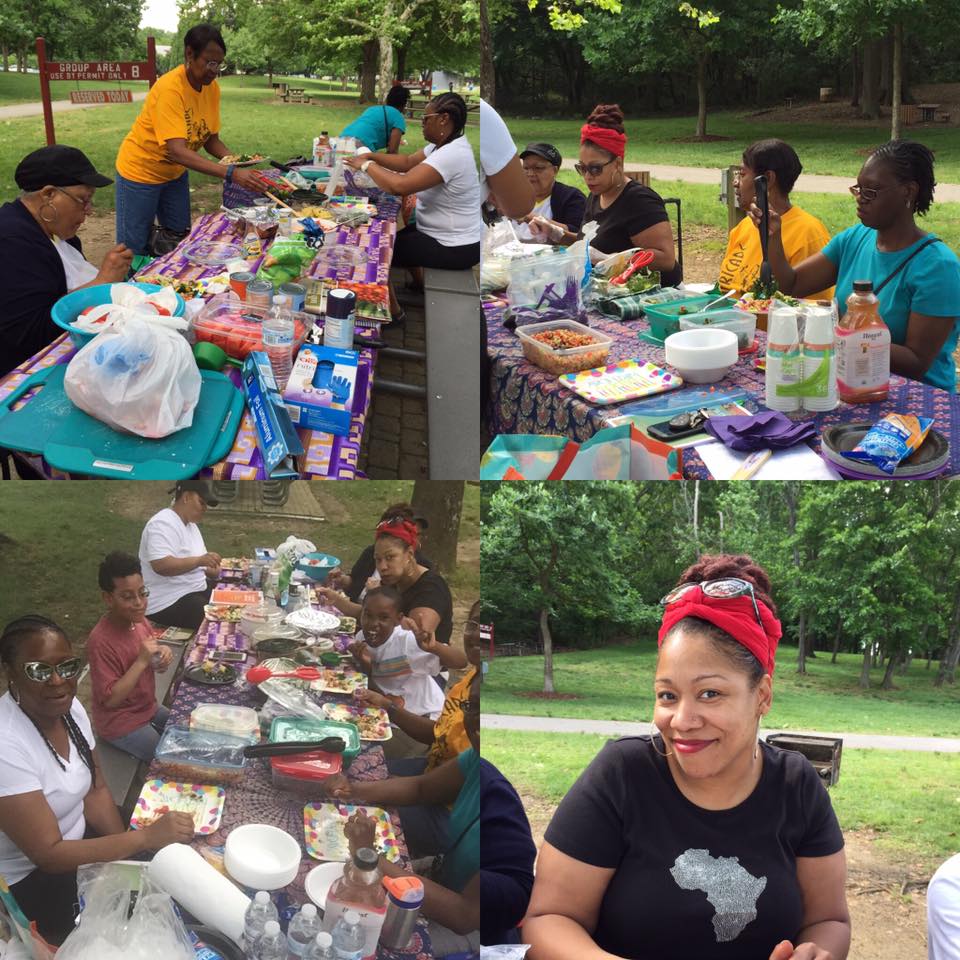
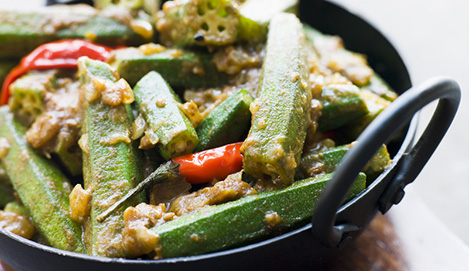
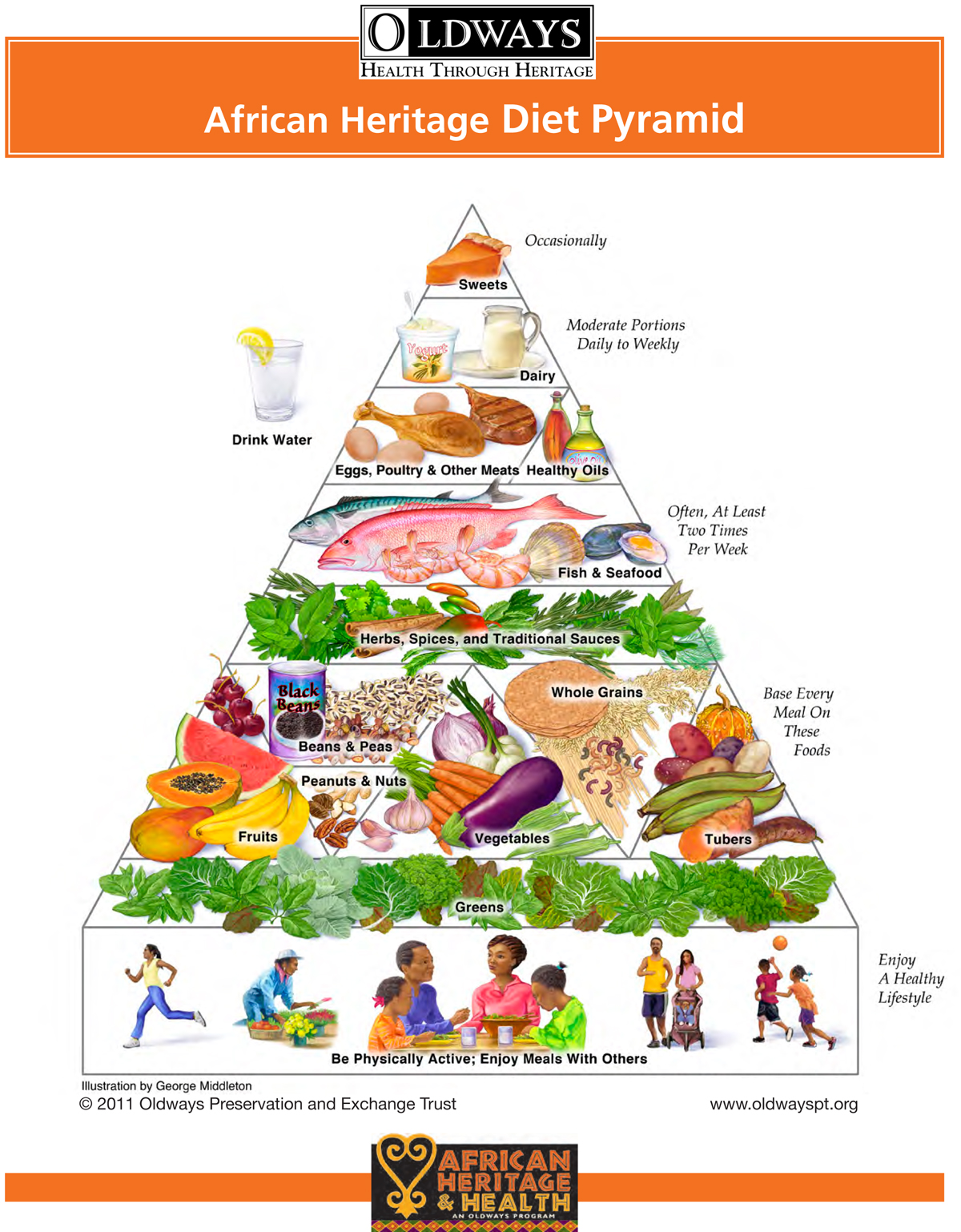
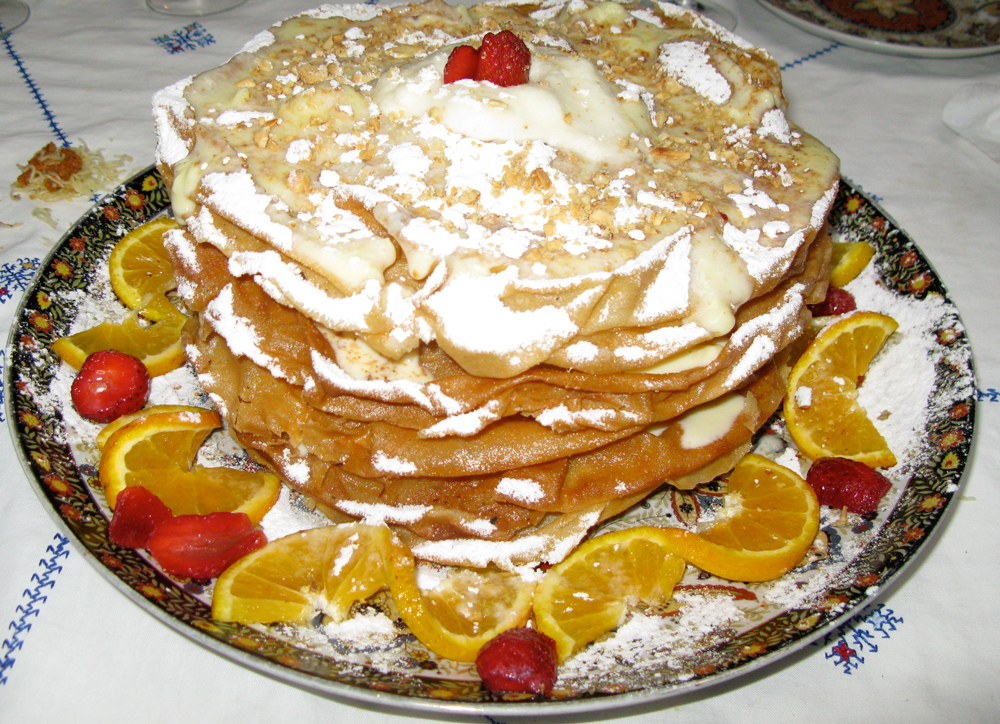
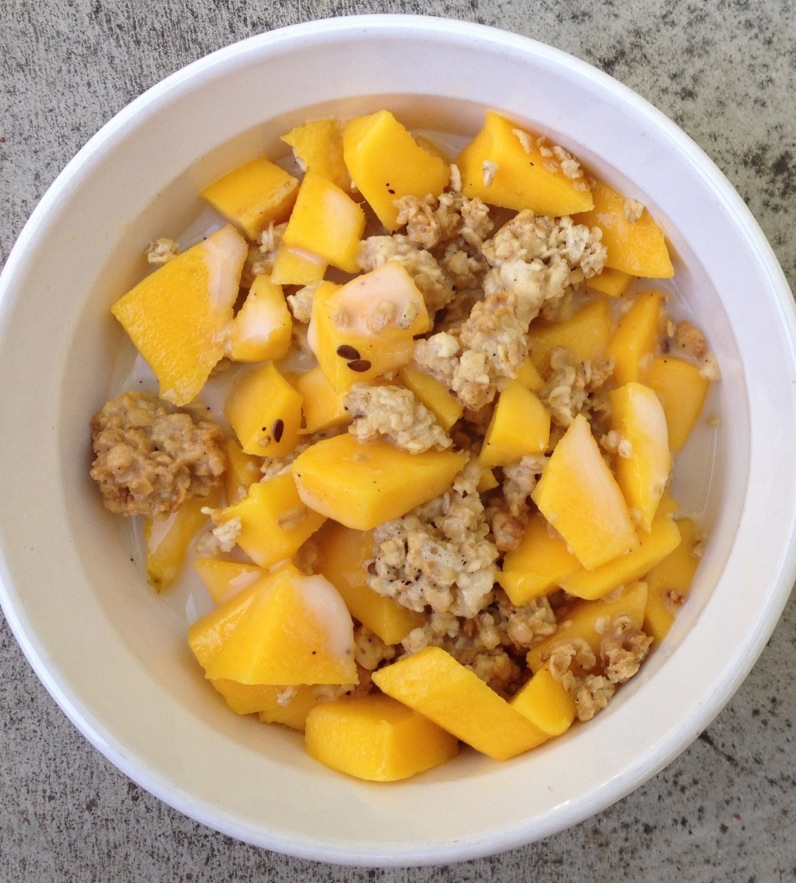




Leave a comment